Food Matters Grant
About
- Food Heritage
- Oral histories around food
- Documentation and archiving
- Cultural memory
- Food politics
- Food in literature
- Sustainable practices in food
- Storytelling around food
- Food and art
- Food and technology
- Food and religion
- Food and design
Duration of the grant
12 months
Intake
2
Grant amount
Application deadline
May 22, 2023
Eligibility
- Applicants can be individuals or collectives.
- Applicant must be an Indian National in possession of an Indian bank account.
- Applicant with academic or artistic experience in the field of food practice is preferred but not compulsory.
Application requirements
- Completed application form with basic contact information.
- Project proposal of not more than 500 words.
- Detailed budget break up and timeline of the project.
- A brief bio and professional CV – not more than 200 words.
- Portfolio
- Travel ( bus, train, and economy class)
- Accommodation.
- Living expenses (i.e. local transportation, per diem payments etc.).
- Funds for buying materials, books and making copies of relevant literature, and subscriptions.
- Tuition fees towards an institution.
- Cost of documenting outcome.
- Resources that the applicant deems necessary for the project.
Selection Procedure and timelines
- The deadline for submitting application is 11:59 pm on May 22.
- The grantees will be selected by a Jury panel. If necessary, interviews with shortlisted candidates will be conducted in the month of June.
- The winners of the grant will be announced in the month of June, 2023.
Deliverables
- The grantees must submit a quarterly progress report via email.
- Upon completing the project the grantees must submit a final project report.
- The grantees must submit audited Fund Utilisation Certificates (format to be shared by Serendipity Arts) and supporting bills for the grant amount, to Serendipity Arts.
- Serendipity Arts shall connect the grantee to field experts, mentors, practitioners, and other professionals to aid in expanding the scope of the chosen project based on requirement.
Terms and Conditions
- The grants must be utilized within one year of the date of award.
- **Copies of materials collected by the selected candidates (books, copies, instruments etc.) could be contributed to SAF’s library for wider use by future scholars.
- Every time the outcome is presented it needs to include a statement crediting the support received from Serendipity Arts.
- Additional expenses, over and above the grant amount would be borne by the awardee.
- In the case of a showcase only one individual from the collective will be invited to the festival.
JURY
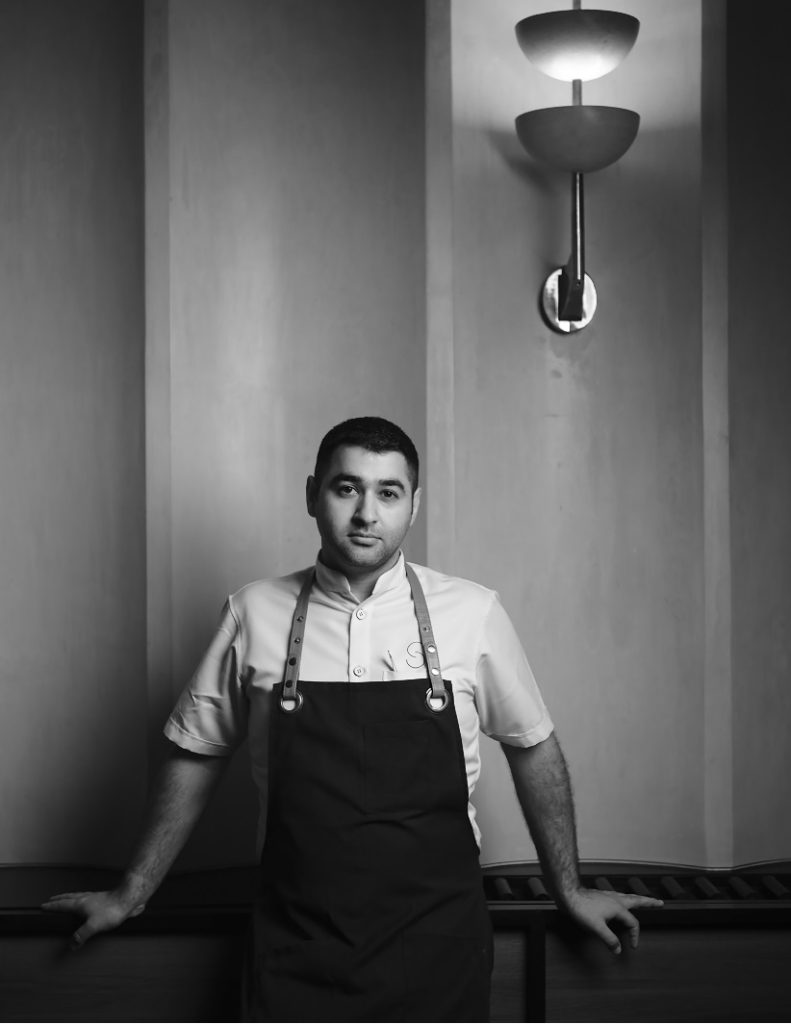
Chef Prateek Sadhu grew up around family farms, leading him to the kitchen by his tenth birthday. His mother and aunt taught him cooking basics, and a passion for food soon derailed his initial plans to become a commercial pilot. Instead, Prateek attended college for hotel management and began working in kitchens at Taj Hotels.
He then went on to the Culinary Institute of America, graduating with double gold medals. He worked in some of the world’s finest kitchens including Alinea, The French Laundry, Le Bernardin, and Michelin-starred restaurants across Europe. During his time at Noma, Prateek developed a food philosophy of sourcing within the region, foraging for ingredients, and harnessing the soil. In 2016, Sadhu opened restaurant Masque in Mumbai, whose decidedly nouvelle cuisine is inspired by his own formative years in Jammu & Kashmir. Masque’s commitment to sustainability saw it ranked on Food Tank’s 2016 list of restaurant innovators in the world. That year, Prateek was awarded most innovative chef of the year by the Western Culinary Association of India. In 2017, he was named Chef of the Year at the CNT Top Restaurant Awards, where in 2018, Masque was ranked #5 among the country’s best restaurants. In 2019, Masque was ranked on Food & Wine and Travel + Leisure’s collaborative, inaugural list of the World’s 30 Best Restaurants.
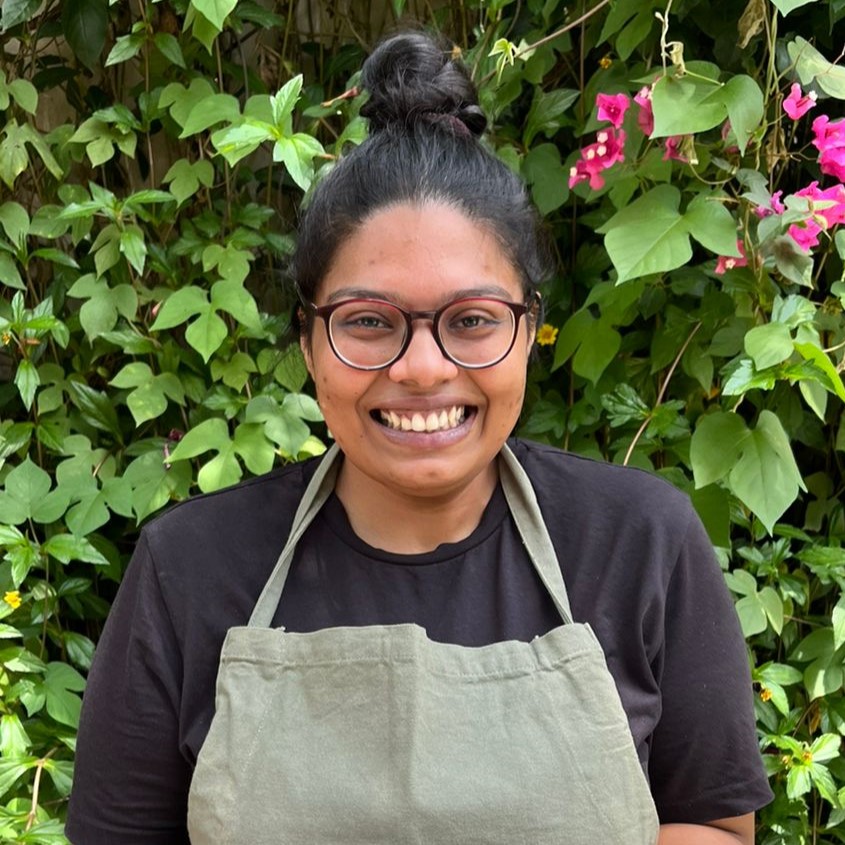
Elizabeth is a chef turned food researcher, writer and an advocate for sustainable food systems.
She is the co-founder of Edible Issues, a collective that is fostering thought and conversation on the Indian Food System, and the founder of Saving Grains, an upcycling food initiative inspired by the historically circular relationship between brewers and bakers.
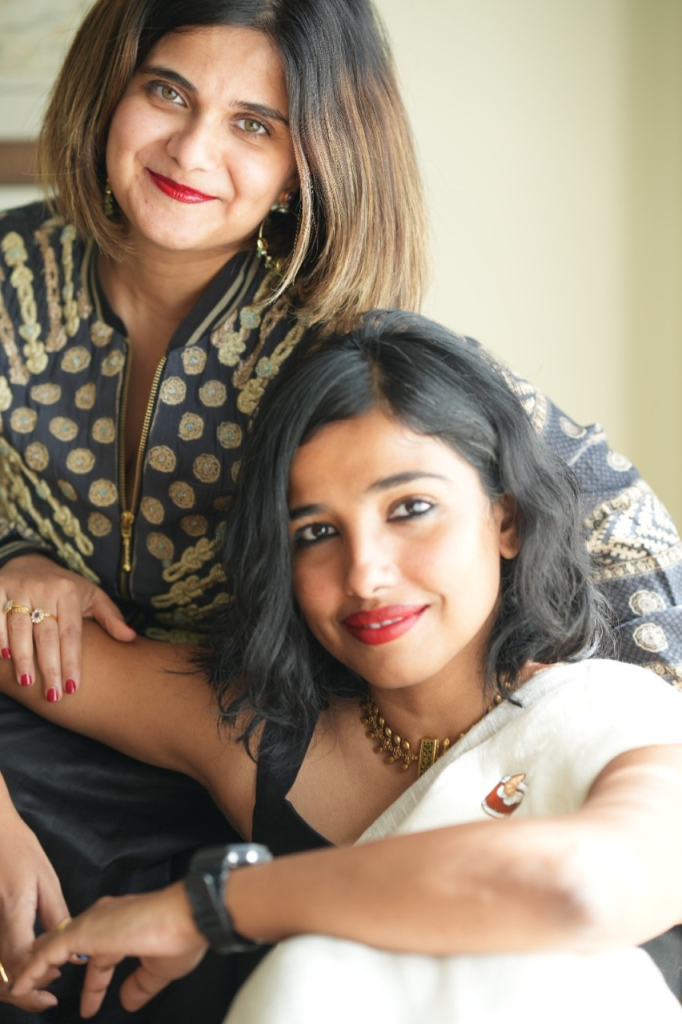
Goya Journal is a food and culture publication that focuses on culinary storytelling from South Asia. Goya has collaborated with and featured more than 200+ writers and creators from around the world. The Journal was recently featured in the Guardian as 30 Best Things in Food.
Anisha Rachel Oommen, co-founder
Anisha is a writer and entrepreneur, with experience digital media & journalism. As co-founder, she lends her expertise in media production, events, communication and storytelling, through her role heading Goya’s business partnerships.
Aysha Tanya, co-founder
Aysha Tanya is a writer and photographer whose work has appeared in publications like Vogue, Condé Nast, and Food52. She is the author of The Family Table, a collection of heirloom recipes from the Mappila community. As co-founder, she lends her expertise in reimagining the boundaries of food media, through her role as Creative Director at Goya.
GRANTEE
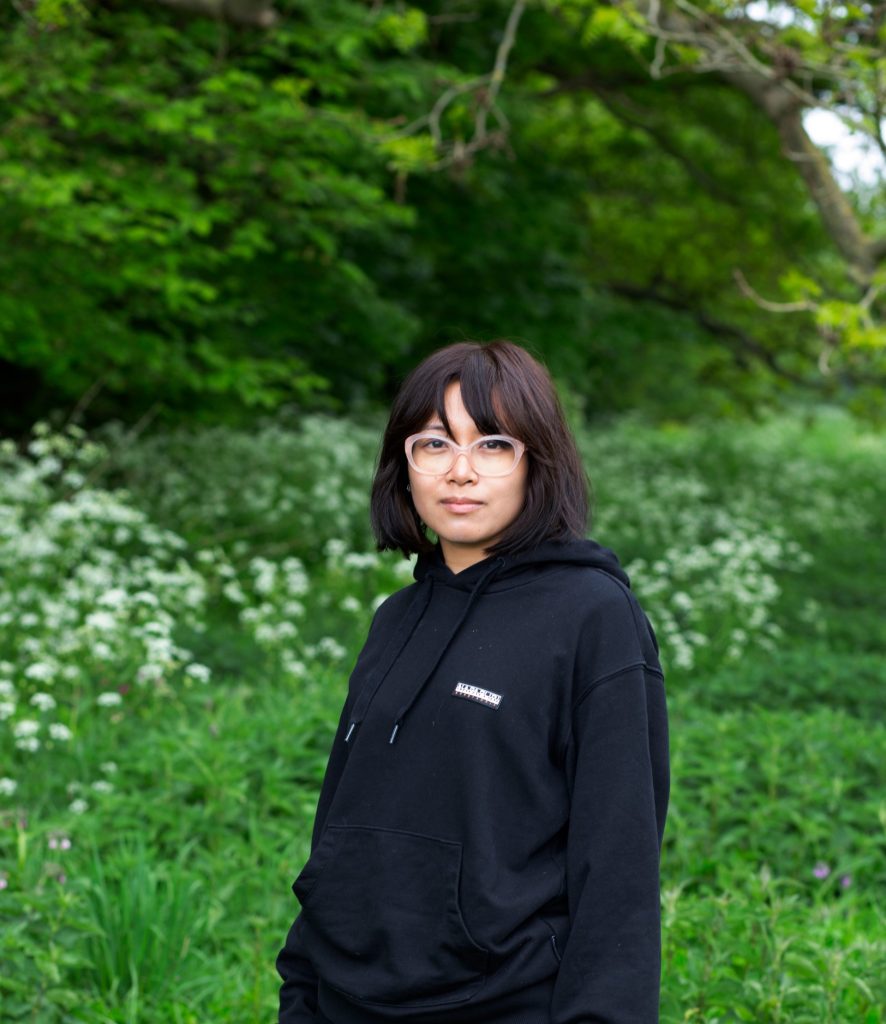
Fileona Endoxa Dkhar is a visual artist from Shillong, Meghalaya. Her artistic research weaves together notions of storytelling, identity and ecology. She makes videos, installations and sometimes performs. She is a graduate of the Piet Zwart Institute in Rotterdam.
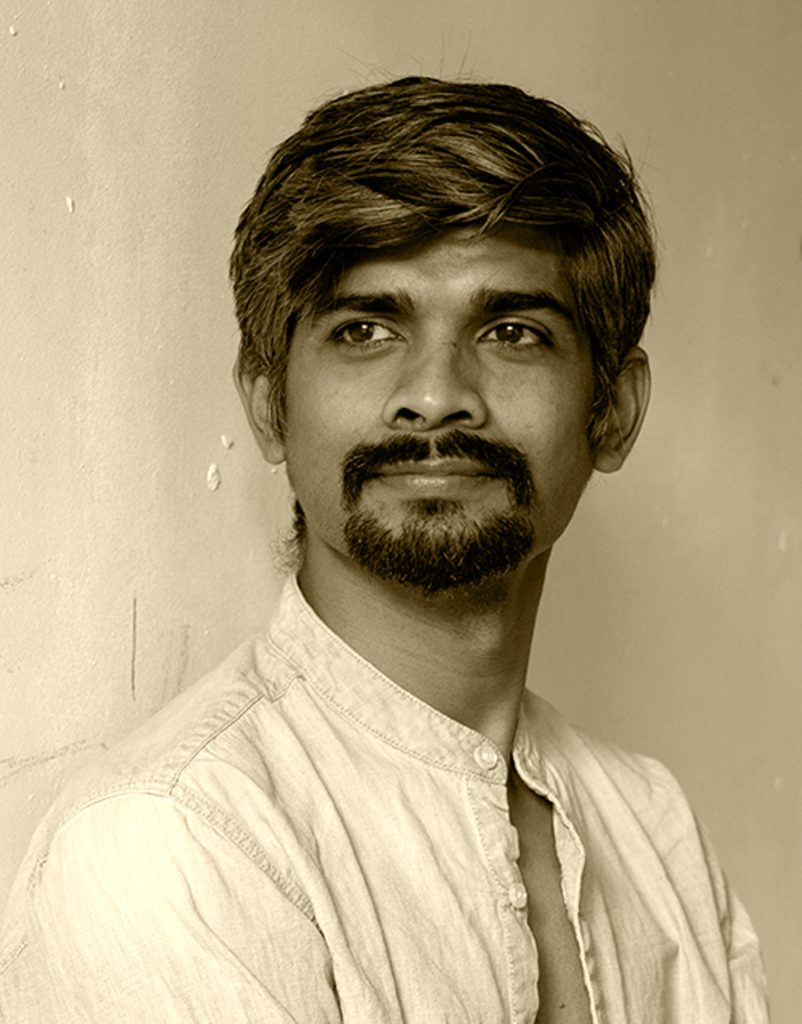
Dayananda Nagaraju is an artist and a farmer. His art practice revolves around the conversation on food insecurity, farmers plight, and loss of native practices. His works have been showcased in renowned galleries and his last solo art curation ‘Kanaja’ was well appreciated in Bangalore.
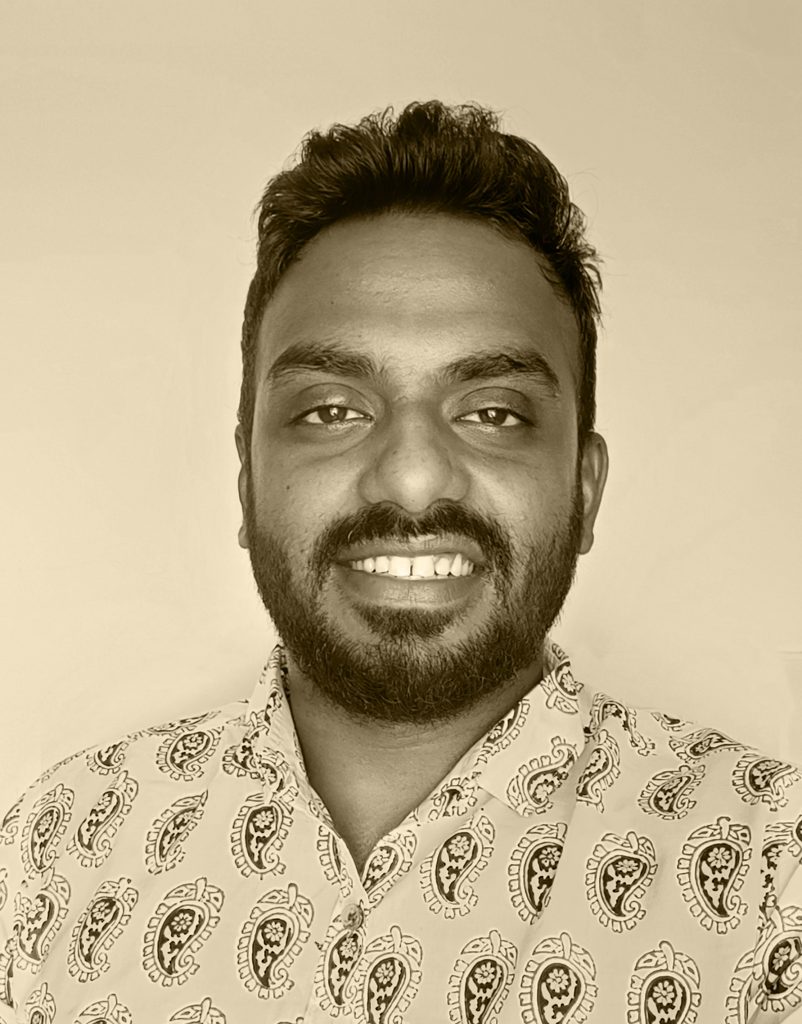
Niranjan NB is an urban planner and has been engaged with think tanks, research and advisory organisations. His research focus is on adapting to climate change through nature based solutions and combine different forms of storytelling to convey the messages of sustainable living.


